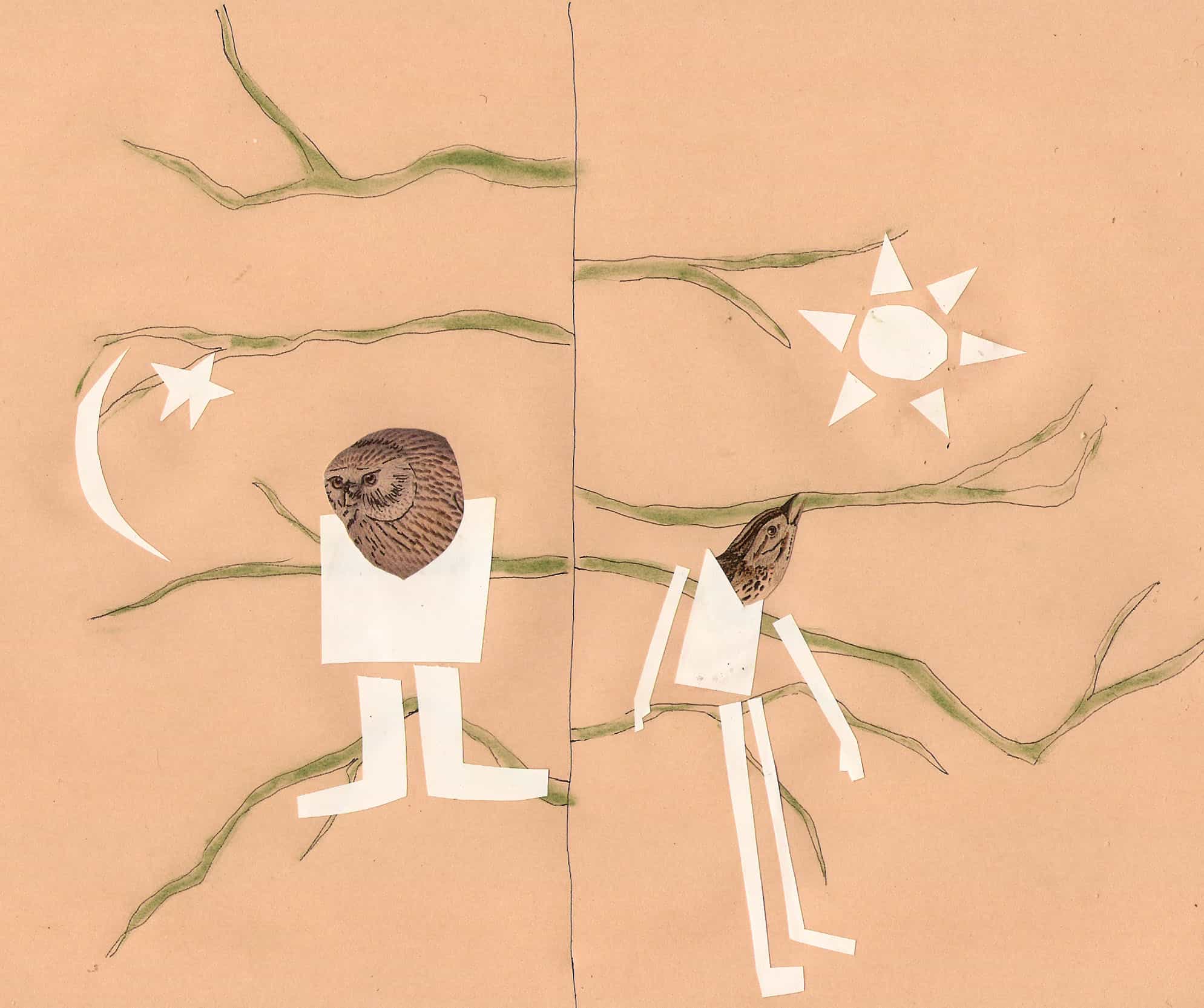Many of us live according to the old phrase, “I’ll sleep when I’m dead,” filling our days and nights with essay writing, exam cramming, Xbox, and the occasional drink. On the other hand, there are those of us who cling to our precious hours of slumber as if God would kill a kitten for each minute we come up short. For students, it can often be difficult to strike a balance between our waking and sleeping lives, especially in the dog days of December and April when many a GPA hangs in the balance. To get the brass tacks on sleep, I spoke to the head of the Laboratory for Sleep and Respiratory Neurobiology in the Department of Physiology, Dr. Richard Horner.
The good doctor warned me that there is a popular misconception when it comes to sleep habits: that one size fits all. Dr. Horner remarked that that the commonly held notion that we all need eight hours of sleep a night is like saying that we should all be wearing size eight shoes; it’s just not quite right. Now, that is not to say that you can just pick and choose how much sleep you get and when, but what it does mean is that sleep habits are significantly more flexible than most people might think.
Dr. Horner points out that we need only look a few hundred years over our own shoulders to find human beings who had remarkably different sleep habits from our own. Historian Roger Ekirch, in his 2005 book At Day’s Close: A History of Night Time, maintains that before the invention of fancy electrical gadgets, like light bulbs, the sleep schedules of human beings were much more closely linked with the rising and setting of the sun than they are now. According to Ekrich, our pre-industrial ancestors would get their sleep in two chunks called first and second sleep. People would go to sleep an hour or so after the sunset, sleep for about four hours and then wake up. Apparently, they would use this time to contemplate quietly, visit with friends and family, or even do household chores. Imagine your neighbour mowing the lawn at 1 am. After all this late night fun, people would go back to sleep for another few hours until the sun came up.
The industrial revolution and all the technological wonders that have come with it have allowed us to extend our days and consolidate our sleep in one big chunk. This modern change in sleep patterning is not necessarily a bad thing; in fact, it cuts straight to the heart of one of Dr. Horner’s main points, which is that all organisms can adapt their sleep according to ecological constraints without compromising the major physiological benefits that sleep provides.
Dr. Horner cautions that even though sleep is flexible in many respects, losing sleep can have serious consequences. He agrees that denying oneself sleep is tantamount to picking a fight with the last 3.5 billion years of evolutionary biology. Since the origins of cellular life on earth, there has been intense selective pressure for those biological traits that would serve to optimize the performance of an organism for life on a planet with a 24-hour (or circadian) cycle of light and darkness. Evolution has endowed every cell in our bodies with its own circadian clock, and it is the coordinated activity of these clocks that attunes us to the 24-hour rhythm of planet Earth. By remaining active in periods when the body is evolutionarily designed to be at rest, an asynchrony can arise between our environment and us, and in doing so, we predispose ourselves to an array of cardiovascular, endocrine, and cognitive dysfunction.
So what is the primary reason behind sleep? Believe it or not, we still don’t know. This conundrum was actually named one of the top unanswered questions facing scientific inquiry in the next quarter century according to Science in the issue commemorating their 125th anniversary. There are many theories of sleep function currently out there, but Dr. Horner claims that his, unlike other theories, is the only one that can be universally applied to all organisms that sleep. He claims quite simply that sleep serves to optimize waking behaviour by priming brains to be cognitively flexible and creative. Now, if that’s not reason to sleep, I don’t know what is.


